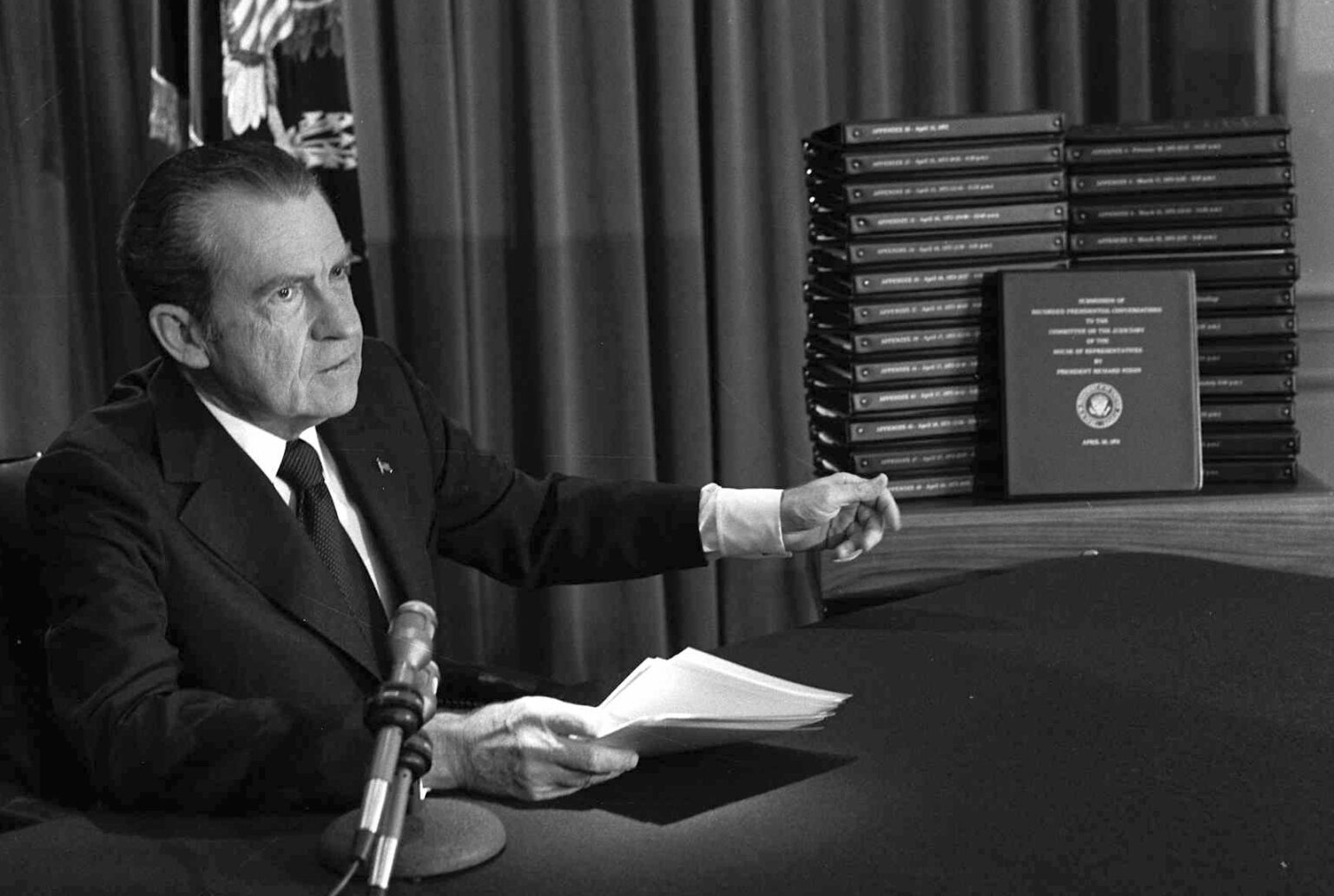The Erosion of Post-Watergate Reforms: A Shift Toward Executive Power
In 1974, then-Representative Elizabeth Holtzman, at just 32 years old, cast a pivotal vote as part of the House Judiciary Committee to impeach President Richard Nixon on three charges. This decisive action marked the beginning of a legislative wave aimed at curbing presidential overreach, leading to a series of reforms designed to promote transparency, accountability, and ethical governance. Fast forward nearly fifty years, and these foundational safeguards are under unprecedented assault.
The Transformation of Presidential Oversight Since Watergate
Today, veteran Democrat Elizabeth Holtzman observes with concern as President Donald Trump appears to systematically dismantle the post-Watergate legal framework. These laws, crafted in the wake of Nixon’s abuses, sought to establish clear boundaries for executive power-yet Trump’s actions challenge and often outright ignore these constraints. His approach signals a profound departure from the era of reform, effectively closing the chapter of strict oversight and ushering in a period characterized by weakened checks and blurred lines of authority.
Holtzman notes, “We never envisioned this scale of executive defiance. Nixon’s misconduct was significant, but Trump’s broad rejection of congressional authority is on a different level. He asserts, ‘Congress cannot tell me what to do,’ which is a fundamental challenge to the constitutional balance.”
Key Post-Watergate Safeguards Under Threat
Several landmark laws introduced after Watergate have been targeted or undermined by Trump’s administration:
- FBI Director Tenure and Independence: Congress established a ten-year term for FBI directors in 1976 to ensure independence. Yet, Trump has dismissed two FBI directors, bypassing this safeguard.
- Impoundment Control Act of 1974: Designed to prevent presidents from withholding funds appropriated by Congress, this law has been sidestepped as Trump temporarily froze government grants and sought to weaken agencies like the U.S. Agency for International Development.
- Inspector General System: Created in 1978 to root out corruption within federal agencies, this system has seen numerous IGs dismissed or replaced with loyalists under Trump, undermining oversight.
- Civil Service Protections: The Merit Systems Protection Board, established to protect federal employees from unjust termination, has been targeted by Trump, who dismissed key members and sought to neutralize its authority.
The Broader Shift Toward Executive Dominance
This widespread rejection of post-Watergate reforms reflects a fundamental shift in American political culture-from a focus on ethical governance to an era where presidential power is often exercised with minimal regard for established legal boundaries. Richard Ben-Veniste, who led the Watergate Task Force, observes, “The outrage and ethical standards that defined the Watergate era have largely collapsed. Excesses now seem naive, replaced by a system rooted in quid pro quo arrangements.”
Legal Battles and Judicial Perspectives
Many of Trump’s actions are currently challenged in courts, with some likely to be overturned, while others may be upheld by the Supreme Court. Legal scholars like John Yoo argue that Trump’s efforts to expand executive authority are a response to what they see as overreach by Congress during the post-Watergate period. Yoo contends, “Several reforms went too far, and the presidency functioned more effectively before these restrictions were imposed.”
The Trump Era and the Reversal of Reforms
Some of Trump’s most notable actions include ignoring laws against impoundment, dismissing civil servants and inspectors general, and attempting to weaken agencies created to ensure accountability. For instance, he fired 16 inspectors general shortly after taking office-an action that violated statutory requirements for notice and justification. These moves are viewed by critics as a direct challenge to the principles established after Watergate, which aimed to prevent presidents from using government power for personal or political gain.
The Evolving Legal Landscape
While some of Trump’s initiatives have faced judicial pushback, others may be validated, especially as courts have become more sympathetic to expansive presidential powers in recent years. Yoo highlights that if Trump succeeds in asserting his right to dismiss any executive branch employee, it could fundamentally alter the independence of federal agencies, effectively ending the era of independent bureaucracies established in the wake of Watergate.
The Decline of Congressional Oversight
Historically, Congress played a vital role in checking presidential power, especially during the Watergate scandal, which led to bipartisan efforts to impose limits on executive authority. However, recent decades have seen a decline in congressional assertiveness. Rufus Edmisten laments, “We’re back to a situation worse than Watergate-Congress has become a passive observer, almost an afterthought in the separation of powers.”
The Future of Accountability and Governance
The erosion of post-Watergate reforms raises critical questions about the future of American democracy. While some legal protections remain, their effectiveness is increasingly uncertain. The courts’ willingness to uphold or strike down these laws will significantly influence the trajectory of executive accountability.
In conclusion, the post-Watergate era was built on the premise that robust legal and institutional safeguards are essential to prevent abuse of power. Today, that foundation is under significant strain, with the current administration challenging the very principles that aimed to ensure transparent, ethical governance. The ongoing legal battles and shifting judicial attitudes will determine whether these reforms can be restored or if a new, more centralized executive authority will take their place.

